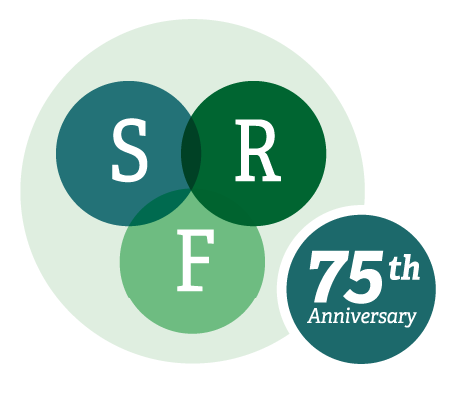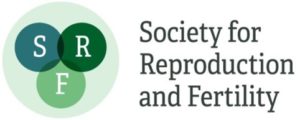Distinguished Scientist (Anne McLaren) Award Criteria
The Society for Reproduction and Fertility (SRF) acknowledges the work of premier scientists that have made major scientific contributions to the field of reproductive biology through the Distinguished Scientist Award. Recipients will present their lecture at the annual Fertility meeting.
The nomination and award process are as follows:
- The Distinguished Scientist (Anne McLaren) nominees do not need to be SRF members.
- This award is based on the candidate’s overall research career excellence (see award criteria) and they must typically be still research active (as evidenced by the 5 years activity).
- A system of nominator and one or more supporting seconders is required for each nomination.
- The nominators must address the key criteria detailed below.
- The Programme Committee (PC) will make recommendations to the Council on the award. In the event of a conflict of interest* with members of the PC, other Council members who declare no conflict of interest can be co-opted onto PC to assess the nominees.
- All members of Council will vote on candidates recommended by the PC. In the event of a tie, the final decision will be made by the PC.
- Current Council members are not eligible for nomination.
*Conflict of interest for the PC member includes involvement in the nomination process of one of the candidates OR publication/active collaboration with the nominee in the last 5 years.
Award Criteria:
All eligible nominees will be considered alongside the following criteria. Please note that these criteria are considered as guidance to allow for fair comparison. There is no expectation that eligible candidates have to meet every attribute.
Research:
- Originality
- Pioneered in the development of novel and significant areas of knowledge including the development of innovative hypotheses.
- Developed new knowledge in a creative manner and with independent insight.
- Created new knowledge which served as a foundation for expanding our understanding of reproductive biology and/or for commercial and/or clinical translation.
Experimental Practices:
- Developed new and superior experimental methodologies.
- Commercial and/or clinical translation.
- Formulated experimental designs that permitted the derivation of unambiguous conclusions and concepts.
- Communicated research results to the scientific community with clarity through timely presentation at scientific meetings and by publication in high-quality journals.
Leadership:
- The nominee provided essential contributions in team research endeavors.
- The nominee is recognized as an innovator and scholar by her/his peers as evidenced by other scientific awards and invitations to participate in scholarly activities, such as symposia.
- The nominee shared her/his research experience willingly and unselfishly with the scientific community through activities, such as providing expert advice, sharing new techniques, or providing unique reagents.
Other Activities:
- Editorships and other activities related to scholarly publications.
- Mentoring/Teaching that contributes to the longevity of the field of reproductive biology
- Participation in regional, national, or international review or advisory committees and panels.

